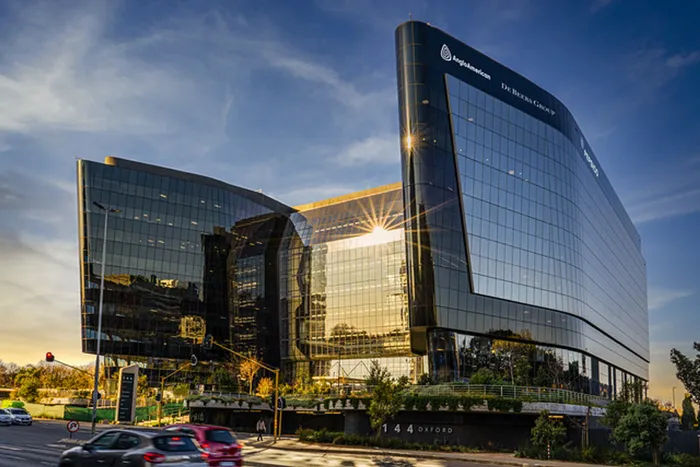
Despite BHP’s $49.8bn bid for Anglo American faltering, it highlighted copper’s valuable role in SA’s renewable energy and electric vehicle production.
Image: Supplied
Renewed investor interest in renewable energy, IT, mining, as well as finance is shoring up South Africa’s robust mergers and acquisitions (M&A) activity amid rising regulatory scrutiny guided by public interest concerns.
The country’s advanced financial sector and stability in the regulatory sector is also helping restore some certainty to investors seeking M&A deals in the country, Yashin Kandielall, head of M&A at Standard Chartered South Africa told Business Report in an interview this week.
“The country has seen notable activity in financial services, telecommunications, and consumer goods. Recognising regulatory scrutiny, influenced by public interest concerns and B-BBEE compliance, is crucial in South African M&A,” said Kandielall.
Over the past few months, M&A activity such as Harith InfraCo’s acquisition of key energy and transport assets including Lanseria Airport and fibre operators Vumatel and Dark Fibre Africa for R6.5 billion have highlighted SA’s focus on renewable energy and sustainability.
However, mining topped South Africa’s M&A activity recently, with Impala Platinum’s R40bn acquisition of Royal Bafokeng Platinum bolstering its position in platinum group metals.
Despite BHP’s $49.8bn bid for Anglo American faltering, it highlighted copper’s valuable role in SA’s renewable energy and electric vehicle production.
Moreover, Sanlam’s 60% stake in MultiChoice’s insurance business (NMS Insurance Services) for R925 million showcases cross-sector innovation, leveraging on MultiChoice’s subscriber base for diversification.
AECI has also recently sold off Much Asphalt to a black-owned investment consortium made up of Old Mutual Private Equity (OMPE) and Sphere Investments. This is seen as emphasising South Africa’s commitment to B-BBEE.
Canadian-based Syntax Systems also acquired Argon Supply Chain, an acquisition that also underscores “the importance of technology-driven businesses” in the South African M&A landscape.
However, the Competition Commission’s decisions such as the prohibition of Peermont’s acquisition by Sun International “highlight regulatory complexity and increased scrutiny on deals, both from anti-competitiveness and public interest” perspectives, noted Kandielall
This comes at a time the Companies Act has recently been amended to “reduce ambiguities and streamline M&A” processes.
Some economists and analysts feel that B-BBEE requirements and the need for investors to balance compliance with commercial objectives are impacting deal structures.
International and local banks have been playing key roles in facilitating and advising on M&A deals in SA and across the African continent through provision of debt financing, bridge loans, and equity capital.
Standard Chartered notes that South Africa is a front-runner in intra-African trade, with about 29% of its exports shipping to the rest of the continent.
The South Africa Reserve Bank is seen as supportive of “policy changes to improve business conditions, lower market entry barriers, and enhance regulation” transparency.
All of this was beneficial in further attracting M&A activity, with the country’s foreign direct investment reaching $9.1bn in 2022.
Although South Africa is seen as fertile for M&A compared to most of its peers on the continent, economic productivity and investor sentiment is still being impacted by infrastructure and utility supply challenges.
Worse still, Moody’s noted this month that "without improvements, South Africa risks continuing a negative spiral in which high interest rates aimed at attracting inflows amid subdued growth limit domestic investment and further hinder” economic prospects.
Despite disagreements among partners, the Government of National Unity has calmed down investor apprehension.
“South Africa may adopt a formal rule to limit its fiscal deficit and reassure on debt levels in 2025 and a lower inflation target, aiming to regain its investment-grade status in the medium term. Faster growth will be critical to stabilising South Africa’s debt,” noted Kandielall
Nonetheless, investor sentiment on South Africa “remains cautious due to slow reforms and current US-SA” tensions.
Moreover, the possible revocation of Agoa or the emergence of US sanctions on South Africa could have serious economic consequences, with markets keenly watching “policy actions and geopolitical” developments.
BUSINESS REPORT